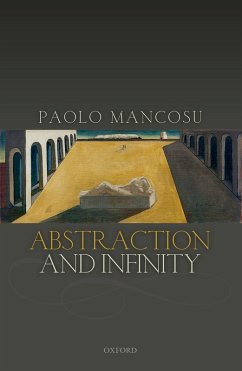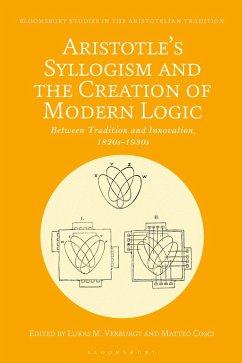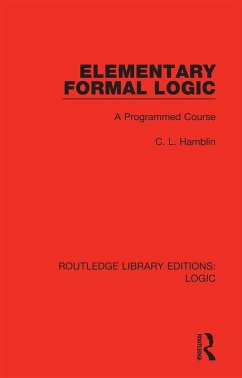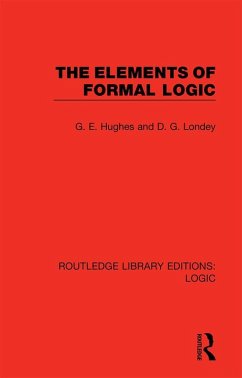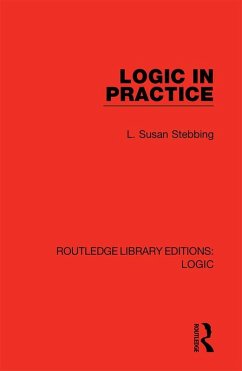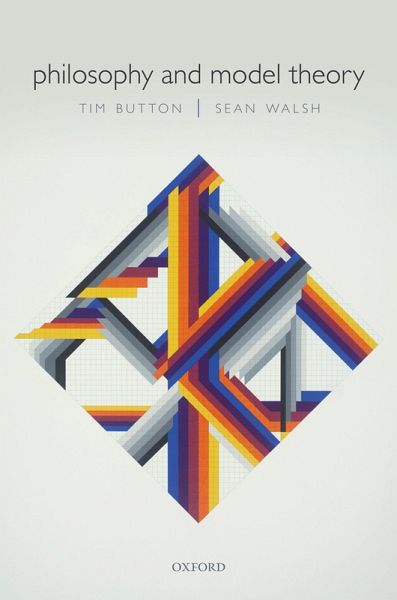
Philosophy and Model Theory (eBook, PDF)

PAYBACK Punkte
10 °P sammeln!
Model theory is used in every theoretical branch of analytic philosophy: in philosophy of mathematics, in philosophy of science, in philosophy of language, in philosophical logic, and in metaphysics. But these wide-ranging uses of model theory have created a highly fragmented literature. On the one hand, many philosophically significant results are found only in mathematics textbooks: these are aimed squarely at mathematicians; they typically presuppose that the reader has a serious background in mathematics; and little clue is given as to their philosophical significance. On the other hand, t...
Model theory is used in every theoretical branch of analytic philosophy: in philosophy of mathematics, in philosophy of science, in philosophy of language, in philosophical logic, and in metaphysics. But these wide-ranging uses of model theory have created a highly fragmented literature. On the one hand, many philosophically significant results are found only in mathematics textbooks: these are aimed squarely at mathematicians; they typically presuppose that the reader has a serious background in mathematics; and little clue is given as to their philosophical significance. On the other hand, the philosophical applications of these results are scattered across disconnected pockets of papers. The first aim of this book, then, is to explore the philosophical uses of model theory, focusing on the central topics of reference, realism, and doxology. Its second aim is to address important questions in the philosophy of model theory, such as: sameness of theories and structure, the boundaries of logic, and the classification of mathematical structures. Philosophy and Model Theory will be accessible to anyone who has completed an introductory logic course. It does not assume that readers have encountered model theory before, but starts right at the beginning, discussing philosophical issues that arise even with conceptually basic model theory. Moreover, the book is largely self-contained: model-theoretic notions are defined as and when they are needed for the philosophical discussion, and many of the most philosophically significant results are given accessible proofs.
Dieser Download kann aus rechtlichen Gründen nur mit Rechnungsadresse in A, B, BG, CY, CZ, D, DK, EW, E, FIN, F, GR, HR, H, IRL, I, LT, L, LR, M, NL, PL, P, R, S, SLO, SK ausgeliefert werden.







